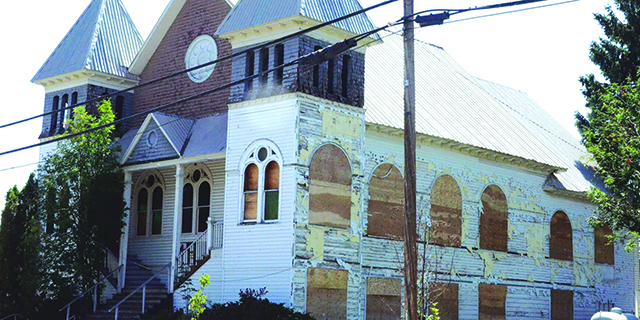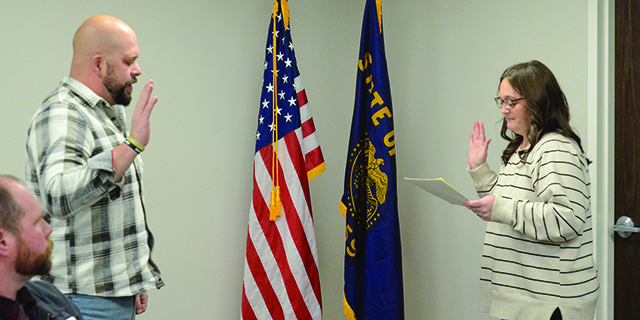POLITICAL PHILOSOPHY: Shared blame for Martin case travesty
Published 5:00 pm Tuesday, July 23, 2013

- <p>John McColgan</p>
Our system of criminal justice relies on an adversarial process in which the rights of the victim are supposed to be protected by the police and the prosecution, while the rights of the accused are protected by the defense counsel, including one appointed and provided by the state in cases where the accused cannot afford private counsel. The law itself is weighted heavily in favor of protecting the rights of the accused, but the practical limitations of the system often favor the chances of success for the prosecution. The arbiter of the law, the judge, is presumed to be neutral, as are the arbiters of the facts of the case, who could be either a judge or a jury.
Nothing about this system guarantees that truth and justice will eventually win the day, but no better system than ours has been devised for ferreting out truth and dispensing justice.
Trending
The case of Florida vs. George Zimmerman leaves many of us citizens and interested observers with a hollow, sad feeling that a needless tragedy was compounded by a legal fiasco. An unarmed 17-year-old boy remains dead, shot through the heart, while his killer has been acquitted of all charges on the grounds that Zimmerman acted in self-defense.
Our natural instinct is not only to wish that Trayvon Martin were alive again, but also to look for someone to blame for his death and for a botched trial. Without question, some blame belongs to Zimmerman. He stands guilty of profiling a kid who was not engaged in the commission of a crime, of not respecting that young mans right to privacy, and of ignoring the sound advice of the 911 dispatcher who warned him not to confront the teenager.
But did Zimmerman commit murder or manslaughter? Not according to a jury who weighed the evidence and arguments presented to them somewhat ineptly by the prosecution, very competently by the defense and in accordance with a judges instructions.
Our adversarial system of justice works well only if both sides play their part to the best of their abilities. From the day of the shooting, the police did not stand as strong advocates for the dead victim, accepting too readily the explanation of a neighborhood watch captain with whom they were already on somewhat friendly terms. Trayvon Martin deserved more skeptical listeners. The state eventually arrested Zimmerman only after public pressure led Floridas governor to appoint a special prosecutor, who probably overreached by charging second degree murder instead of manslaughter.
Inexplicably, the prosecution also made basic strategic blunders, such as not asking for a change of venue, settling for a jury with no black or male members (therefore less likely to convict), leaving two of its peremptory challenges unused, and failing to prepare its own witnesses thoroughly for cross-examination.
One of the judges rulings that hurt the prosecutions case was the decision not to allow voice recognition evidence analyzing the screams recorded on the night of the killing. Remarkably, the state of Florida actually changed its legal standards on this matter during the course of this trial, adopting a more stringent test of reliability for voice recognition analysis as of July 1, 2013. The judges ruling on this point, made on June 22, appears to have favored the stricter standard, thereby depriving the prosecution of a possible chance to establish that at least some of the screams recorded probably came from Trayvon Martin. Instead, what jurors were left with was testimony from friends and family members of one side or the other, most of whom seemed to be listening to the screams more with their hearts than with their ears.
Trending
So if you want someone to blame, you could choose George Zimmerman for acting recklessly, or the police and the prosecution for not presenting a stronger case. But please dont blame the defense or the jury, who only did what they were supposed to do.
Or better yet, you could lay the blame squarely at the feet of the Founding Fathers, who set a high bar for the prosecution guilt beyond a reasonable doubt while requiring that George Zimmerman should be presumed innocent and have the right to remain silent.
Unfortunately, beyond a reasonable doubt, Zimmerman denied Trayvon Martin that presumption of innocence, and guaranteed that Martin would forever remain silent.
John McColgan writes from his home in Joseph.









